Water Skiing Beetles
Specialized wings and claws propel a beetle across water at breakneck speeds.


Researchers probe the neural roots of violence by studying the brains of belligerent mice.

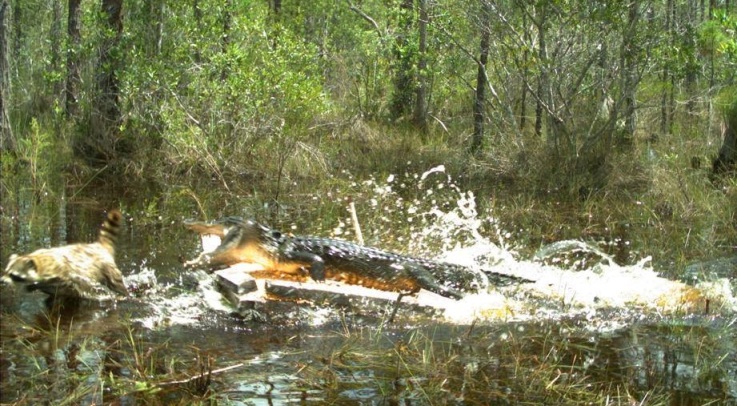
Though mortal enemies, alligators and water birds team up against raccoons in the Florida Everglades.
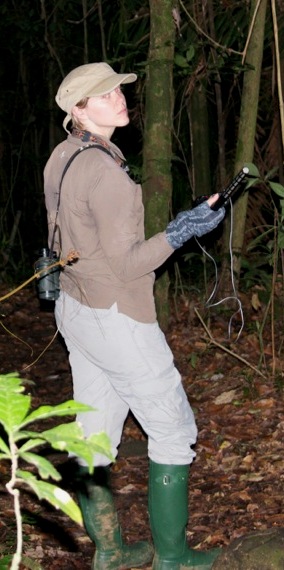
The loud noise of insects causes some tropical birds to delay the onset of their morning song.
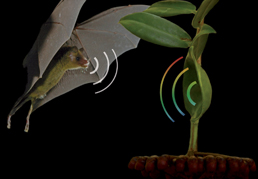
BATS & DOLPHINS (Encore Presentation): Dolphins that heal themselves, and dolphins that use electroreception in addition to echolocation. Also, How vampire bats find their prey, and how a Cuban plant takes advantage of a bat's ability to echolocate.
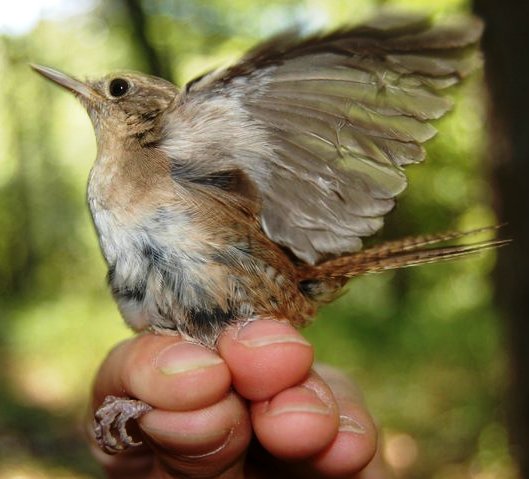

Small, maneuverable robots based on cockroaches could be deployed in disaster zones to find human survivors.
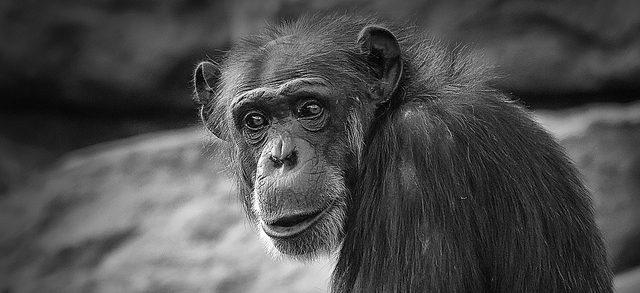

Scientists listen in on fruit fly courtship calls to study the neural underpinnings of communication.
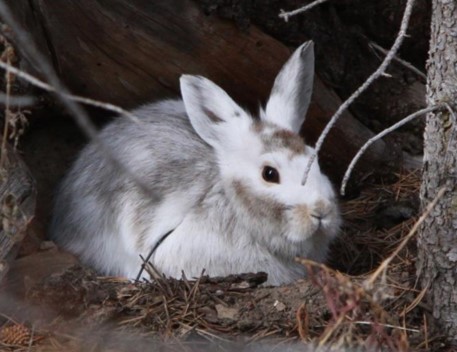
Snowshoe hares can’t help turning white in winter, even though climate change is delaying the first snowfall, making them easy prey.
Studying how rats respond to the same cues that encourage people to make unwise bets could lead to better treatments for problem gambling.
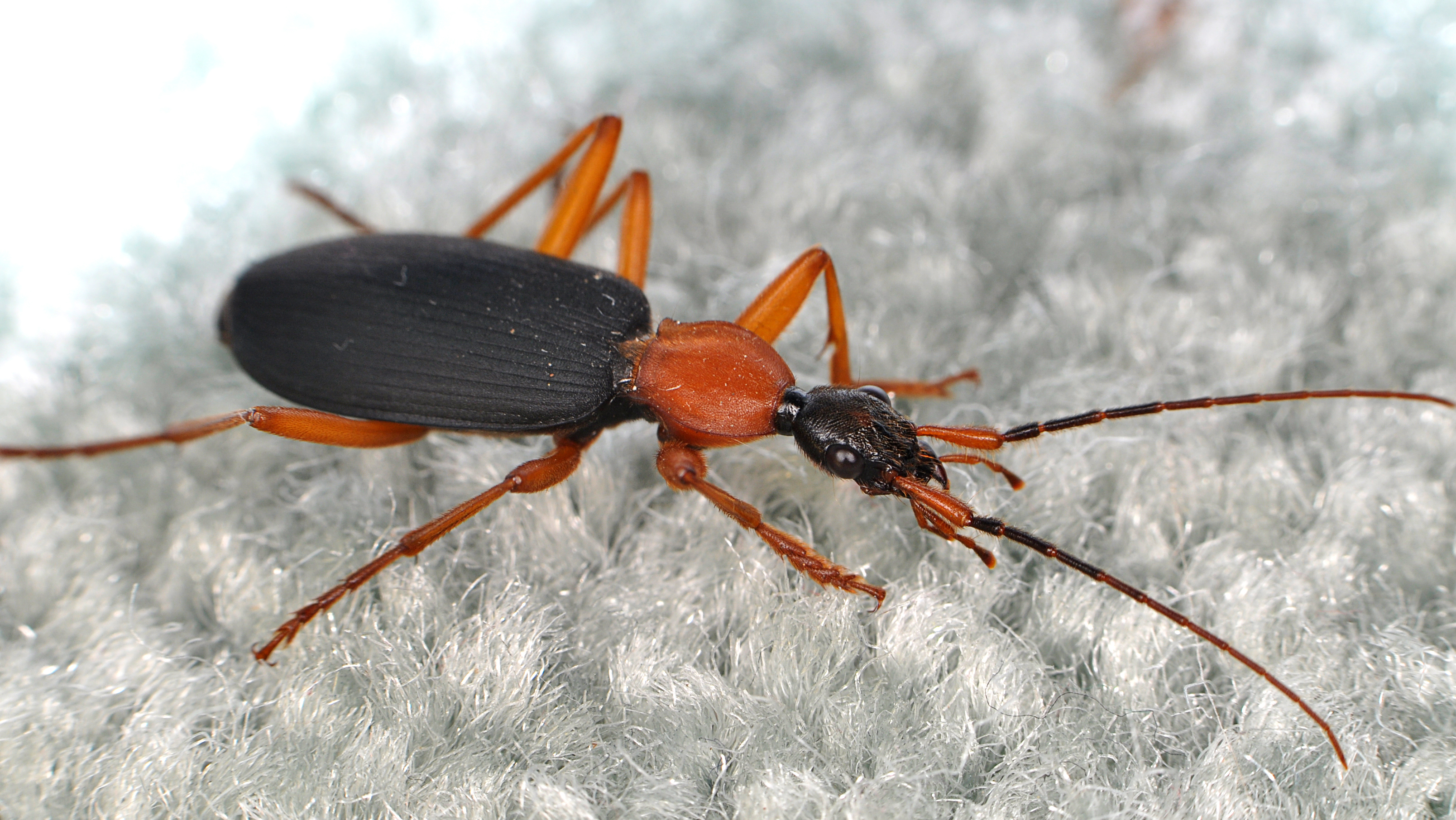
Researchers attempt to inventory all of the insects and other creepy crawlies in people’s homes for the first time.
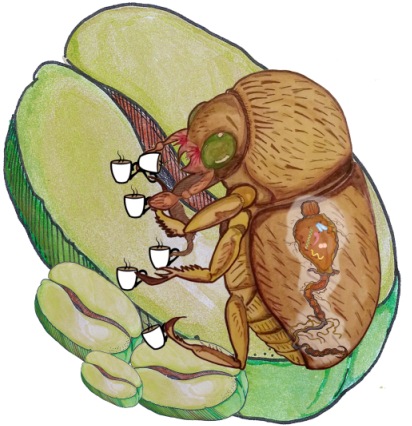
A major coffee pest consumes otherwise lethal doses of caffeine with help from a few of its friends.



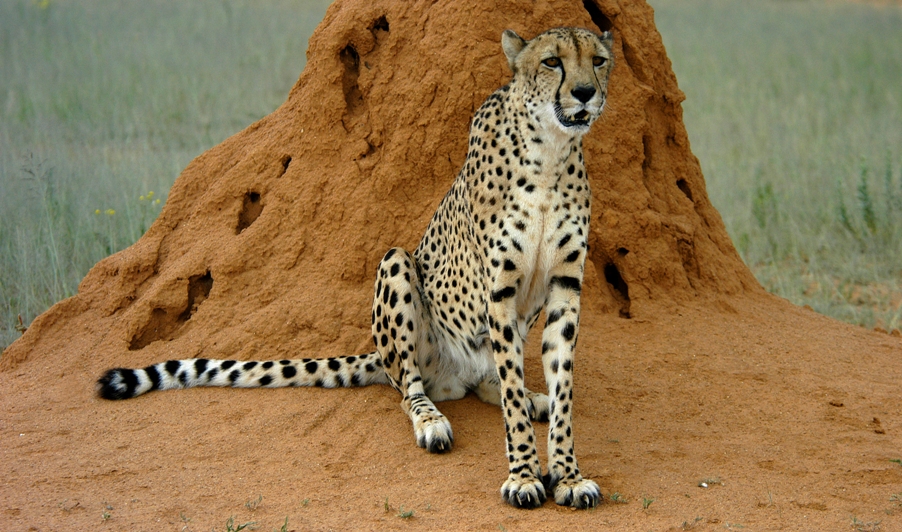
The African cheetahs we know today likely migrated there from North America around 100,000 years ago.
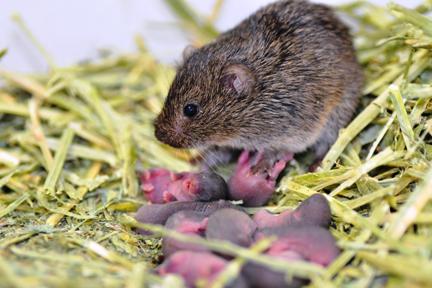
Prairie voles that cheat on their mates might be able to blame their spatial memories.
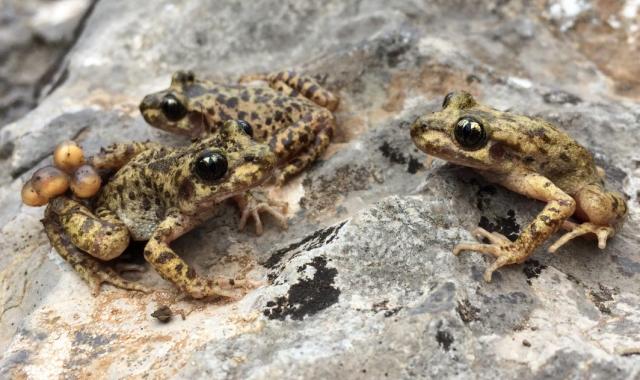
Scientists demonstrate that it’s possible to locally vanquish a fungal disease that’s been wiping out frogs, toads and salamanders around the world.
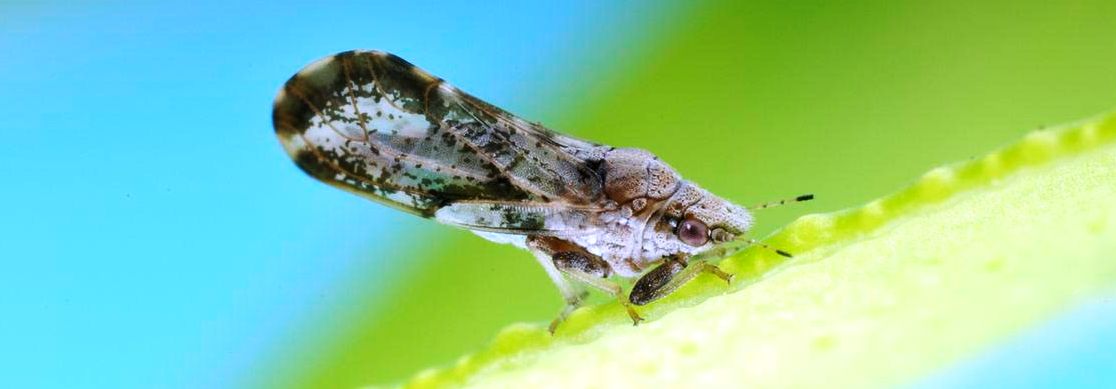
Researchers keep a citrus-killing fly from mating by jamming its unique courtship calls.
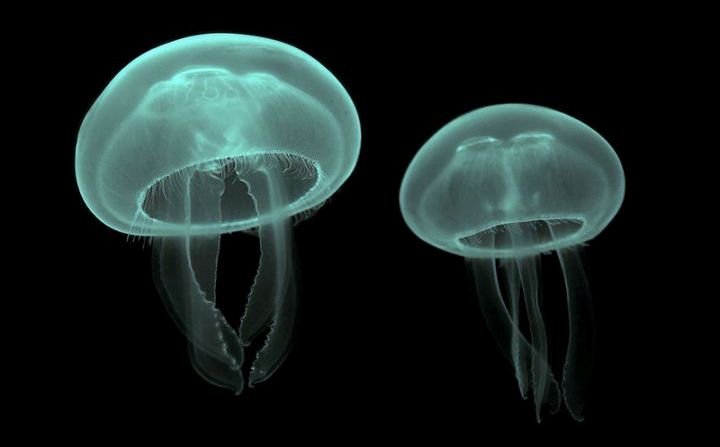
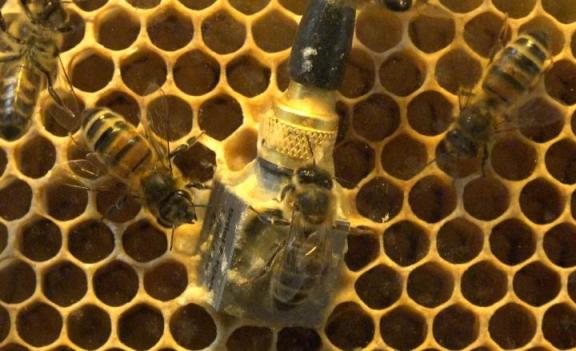
Scientists monitor the health of bee colonies by analyzing the vibrations the insects make within their hives.
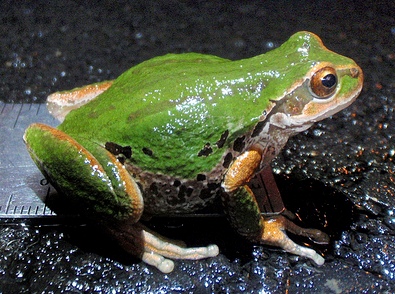
A Science Update listener wants to know the identity of a nightly neighborhood noisemaker.
